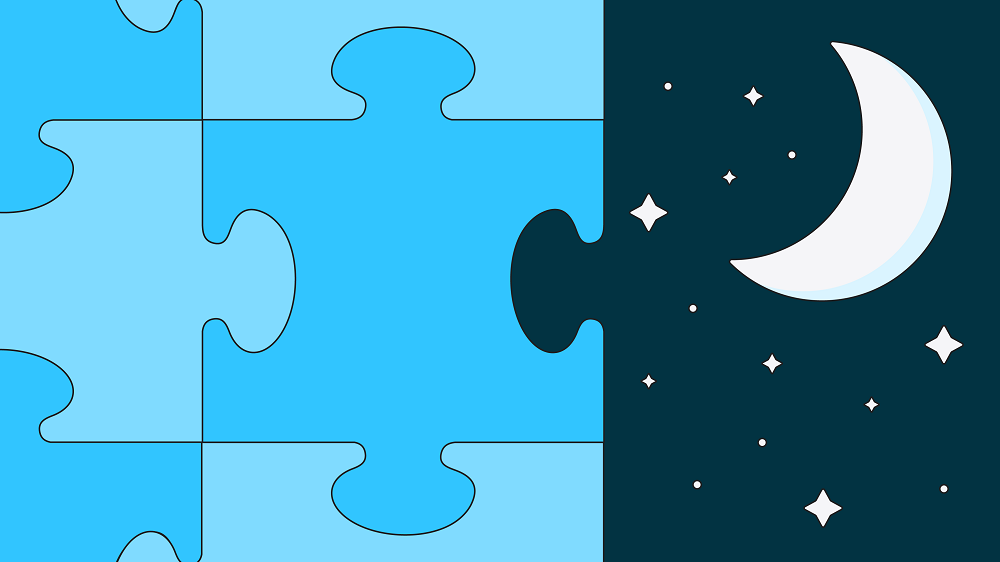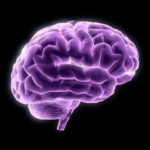The presence of sleep disturbances in an infant’s first year of life may be linked to altered brain development, resulting in a diagnosis of autism spectrum disorder (ASD) later in life, a new study finds.
“Sleep patterns in children with ASD appear to diverge from typical development in the second or third year of life. Little is known, however, about the occurrence of sleep problems in infants who later develop ASD and possible effects on early brain development,” according to the study, released in the American Journal of Psychiatry.
“In a longitudinal neuroimaging study of infants at familial high or low risk for ASD, parent-reported sleep onset problems were examined in relation to subcortical brain volumes in the first 2 years of life,” the study adds.
At the start of the study, researchers at the University of Washington classified 432 infants into three separate groups: 71 at high risk of autism, 234 at high risk with no diagnosis of autism, and 127 at low risk of any diagnosis.
“Sleep onset problem scores (derived from an infant temperament measure) were evaluated in relation to longitudinal high-resolution T1 and T2 structural imaging data acquired at 6, 12, and 24 months of age,” the findings read.
Upon evaluating the results, it was confirmed that infants between 6-12 months of age who went on to later meet the criteria for an autism diagnosis were more likely to have suffered sleep disturbances.
The difficulties with sleep onset among the infants at high risk of diagnosis were said to be associated with hippocampal volume trajectories, in particular, and not related to other subcortical structures.
“These findings provide initial evidence that sleep onset problems in the first year of life precede ASD diagnosis and are associated with altered neurodevelopmental trajectories in infants at high familial risk who go on to develop ASD,” the study’s co-authors determined.
“If replicated, these findings could provide new insights into a potential role of sleep difficulties in the development of ASD.”


